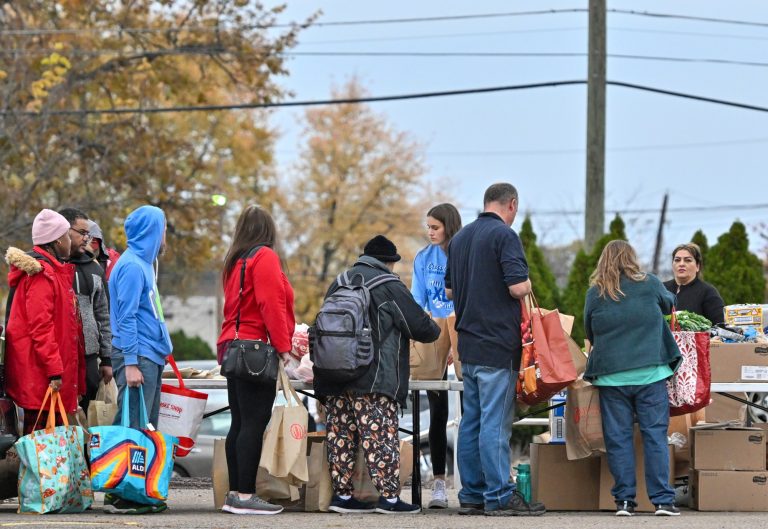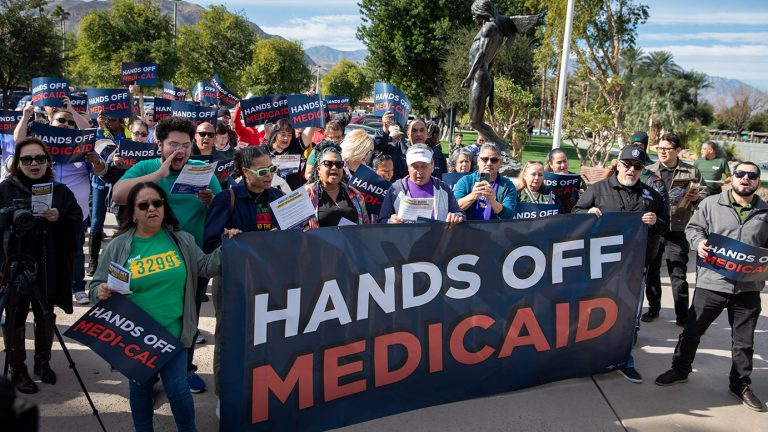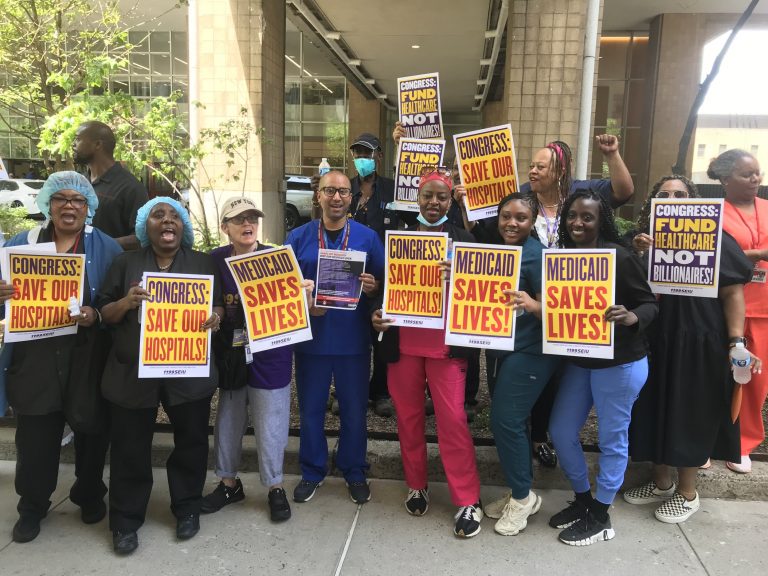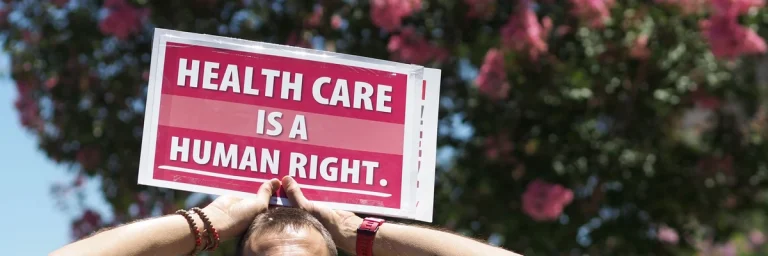Congress’s Cuts To Medicaid Could Devastate Rural Hospitals
When Dr. Ed Paul visits Nogales, Arizona, he sees well-trained, hardworking doctors and nurses. Yet as in many smaller towns and rural communities, its health care staffing, infrastructure, and funding doesn’t meet the needs of residents.
People who need health care have a tough time accessing it — and the people delivering it feel overburdened. With limited providers, Dr. Paul notes, it’s hard to get an appointment, so patients either wait, travel long distances, or simply go without.
As the Policy Director for the Rural Democracy Initiative, I support groups across the country who are working to ensure rural Americans have access to quality, affordable health care.















